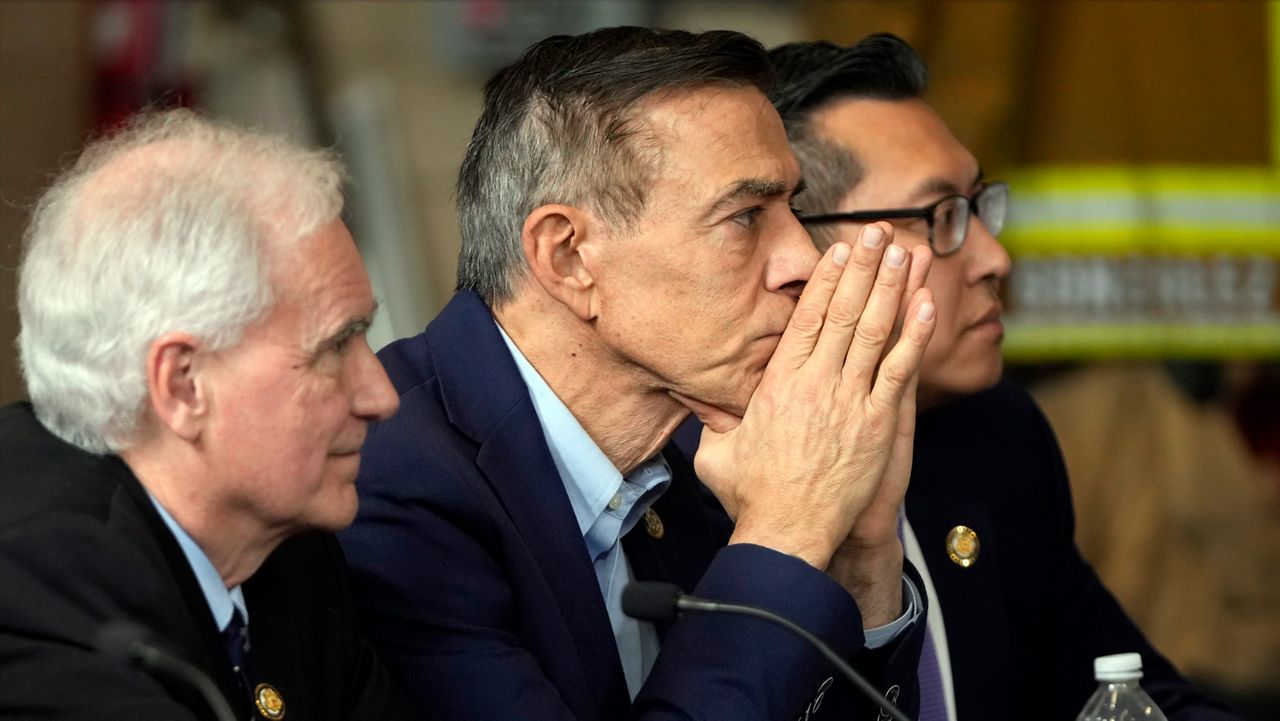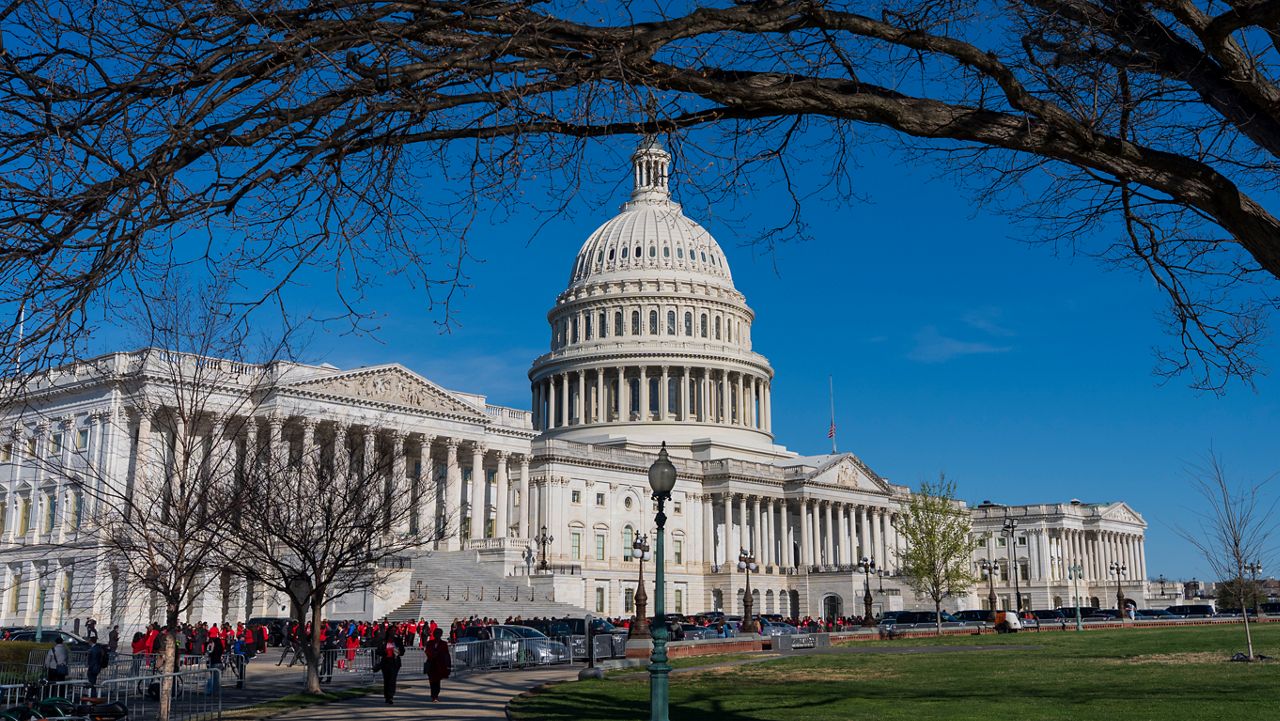When she took office as Housing and Urban Development Secretary in 2021, Marcia Fudge set out to expand access to affordable housing and promote home ownership opportunities for people of color.
“We don't have enough homes," she said If we had more homes, and there was more competition, we certainly could bring the costs down.”
The problem is especially acute in predominantly black communities, says Fudge, who was an Ohio congresswoman for 13 years when President Joe Biden nominated her to be HUD secretary. She also served as the first female and first African American mayor of Warrensville Heights, Ohio, which she says gave her “an insight that most people don’t have.
“Having been a mayor gave me the opportunity to talk to the very people that I'm trying to help today. It showed me in a very big way, what it takes to make change in communities that are either poor, black or brown, or its inner city communities. It taught me an awful lot,” said Fudge. “It also lets me understand what other mayor's are going through in big and small cities. So it's been very, very helpful. And it's one of the best things that I can say I brought with me to this job.”
Harvard’s latest State of the Nation’s Housing report found that nearly 32% of households spent more than 30% of their income on housing, and nearly one in six households paid more than half the cost burdens, which were higher than average in black households.
The shortage of homes is partially responsible for the rising costs, which has also been outpacing wages.
“The people who currently own houses aren't selling, so there's no way into that market,” said Hilary Silver, a professor of sociology, international affairs, and public policy at the George Washington University.
In the second quarter of 2022, a study by the Department of Treasury found the homeownership rate for white households was 75%, compared to 45% for Black households, 48% for Hispanic households, and 57% for non-Hispanic households of any other race. Part of that is to the racial pay gap that still exists.
Silver says the federal government can do more to encourage the construction of affordable housing, but she also pointed to zoning law that require single-family homes, instead of multi-family units. Those zoning laws are set by localities.
“Because of Home Rule, localities are the ones in charge of land use,” explained Silver, “and so it becomes very difficult to push these localities into changing their single lot zoning, single family housing style of zoning.”
HUD is trying to address these issues through its Pathways to Removing Obstacles (PRO) to Housing program, which provides planning grants for cities and towns to remove barriers to affordable housing, including changing those zoning laws.
“They're trying to provide incentives to increase density and suburban locations,” added Silver. “They want to encourage building up near transit hubs so that more people can commute longer distances – a longer distance is a trade off for the for the land costs when you're living further out.”
Fudge and the Biden administration have also worked to reduce bias in the home appraisal process and to address redlining – which is when people are denied a mortgage because they are seeking to live in a predominantly Black neighborhood.
We wanted to make sure we take away and get rid of that discrimination that we had been seeing, especially with all communities, but obviously in black communities,” said White House Press Secretary Karine Jean-Pierre in a recent interview with Spectrum News. “We're seeing [an] increase in home ownership in the black community, I think [it] says how focused this President is on that issue.”
Fudge says it’s a cause that she takes personally.
“I do believe very strongly that every person should have a place to live in here, and so it is very, it is personal with me. I'm very passionate about the fact that no one in this country, the greatest wealthiest country in the world, should sleep on the street, or on a bench, or by a riverside or under a bridge.”
If you feel you’re being discriminated against in the housing market, you can reach out to the Department of Housing and Urban Development’s Fair Housing office.
Spectrum News’ Maddie Gannon contributed to this report.









